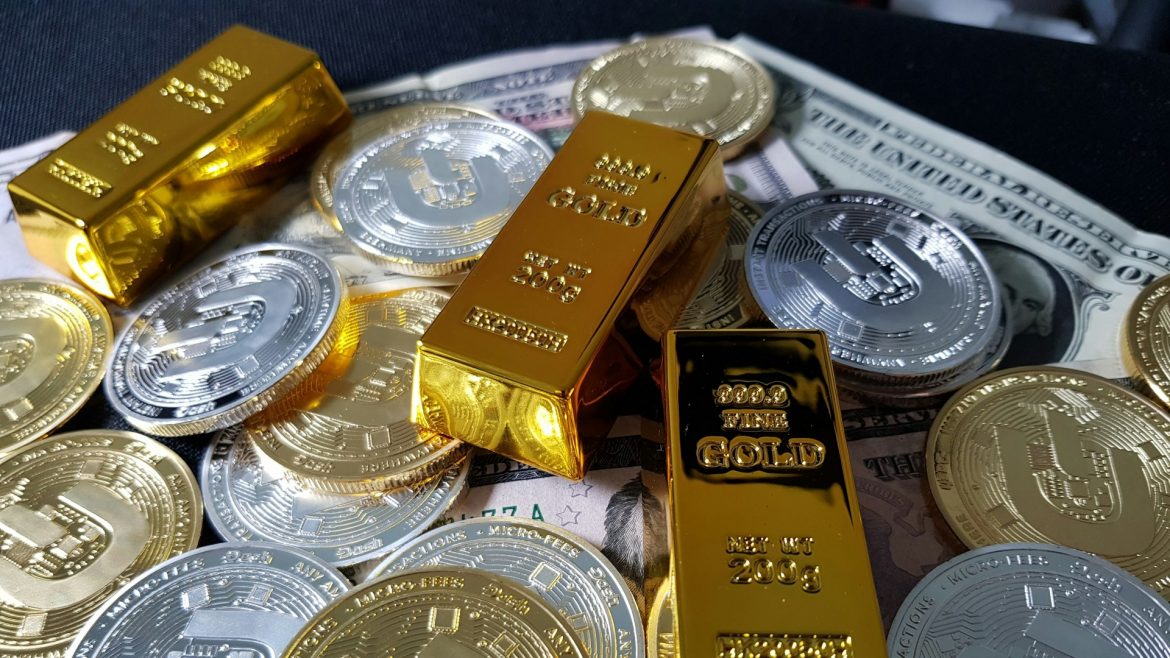The fluctuation of gold prices continues to make headlines almost daily. Daniel Rauch, a precious metals expert at LBBW Asset Management, shares his insights on the prospects for this precious metal in the coming weeks and months.
“Even if the gold price initially moves within a broad sideways range, the current indicators are pointing towards a buy,” says Daniel Rauch, precious metals expert at LBBW Asset Management and part of the commodities team that manages the LBBW commodity funds. The reason for the continued optimistic outlook for gold is the strategic interest of nations in the metal, which supports the price and is expected to create further upward potential in the coming months.
“A recent survey by the World Gold Council highlights the growing demand for gold from global central banks – this will boost the gold price once again,” says Daniel Rauch. According to the survey, about 80% of the central banks surveyed expect that monetary authorities will continue to increase their gold reserves in the next twelve months. This is the highest figure recorded since the annual survey began in 2018.
According to the World Gold Council, net purchases by central banks amounted to 33 tons in April alone this year. “Given the significantly higher price level, this is remarkable,” Rauch emphasizes. The extent to which the gold price now relies on central bank purchases was evident in May: the news that China’s central bank, PBoC, made no additional gold purchases in May was a drag on the gold price. However, market speculations that China would now completely halt gold purchases are considered a misinterpretation by Rauch.
Rauch believes that Chinese demand for gold will remain high in the medium term – from both the central bank and private investors. “Given the struggling domestic real estate market and weak Chinese stocks, gold remains one of the few remaining investment alternatives for many Chinese investors.” Additionally, interest rate cuts, like those recently made by the ECB, are ultimately positive for the gold price. Since gold does not yield any ongoing returns, it appears less attractive to many investors compared to other asset classes in times of high interest rates. This is currently changing.
Rauch, therefore, expects that the gold price will rise further and reach new all-time highs by the end of the year after the current sideways movement.
